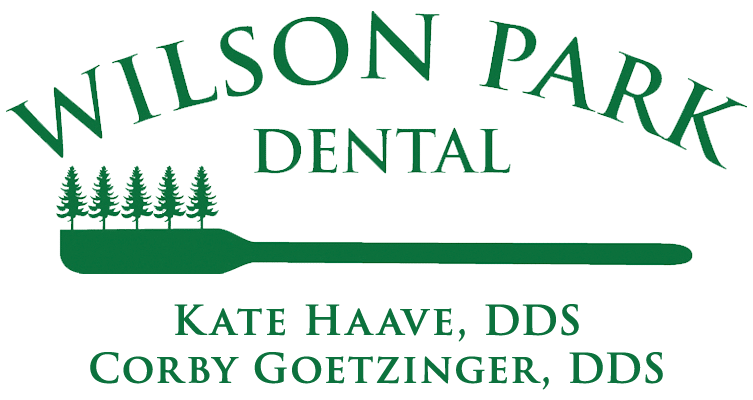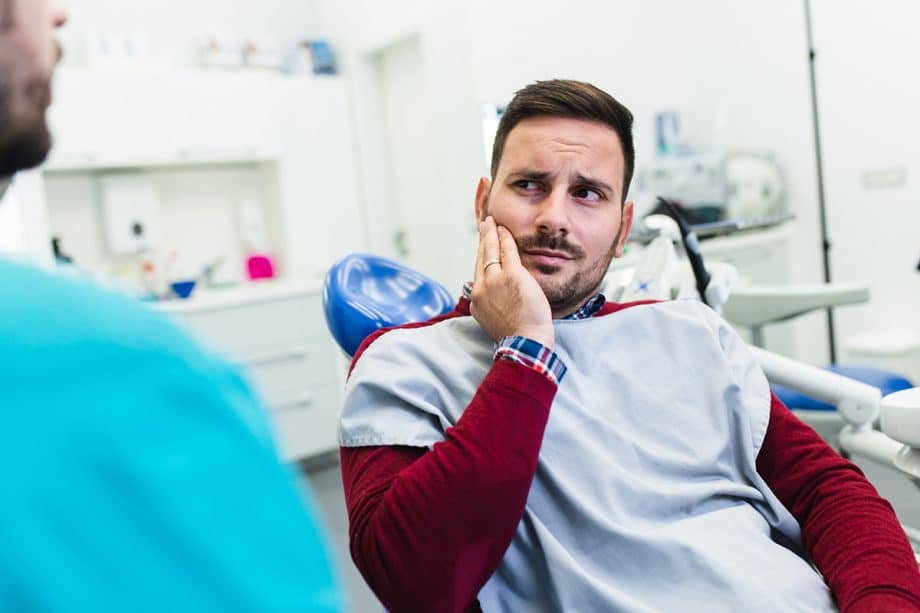We never expect dental emergencies to happen, yet they always seem to strike at the most inconvenient times. Whether it’s a sudden toothache, a broken tooth, or a knocked-out tooth, these situations can cause pain, stress, and disruption to our daily lives. The good news is that many dental emergencies are preventable with the right habits and timely care.
At Wilson Park Dental, we believe prevention is the best form of protection. By understanding the most common dental emergencies and how to avoid them, we can safeguard our oral health and keep our smiles strong.
Severe Toothaches
One of the most common dental emergencies is a sudden, severe toothache. This pain can be caused by untreated cavities, infections, or trauma to the tooth. Toothaches not only make it hard to eat or sleep but may also signal deeper issues like abscesses that need immediate treatment.
We can prevent toothaches by maintaining a consistent oral hygiene routine—brushing twice daily, flossing, and scheduling regular checkups. Early detection of cavities or gum disease means they can be treated before they develop into painful emergencies.
Broken or Chipped Teeth
Cracked, chipped, or broken teeth often result from accidents, sports injuries, or even biting down on something hard. While some breaks may only affect appearance, deeper fractures can expose sensitive nerves and increase the risk of infection.
Wearing a custom-fit mouthguard during contact sports is one of the best ways to prevent this issue. Additionally, avoiding habits like chewing ice or opening packages with our teeth can go a long way in keeping enamel strong and intact.
Knocked-Out Teeth
A knocked-out tooth is one of the most urgent dental emergencies because time is critical for saving it. If this happens, the tooth should be handled carefully by the crown (not the root) and placed in milk or a tooth preservation kit until professional care is available.
Prevention is key here, too. Helmets and mouthguards during physical activities significantly lower the risk of losing a tooth in an accident. By taking these steps, we give ourselves the best chance to avoid this stressful situation altogether.
Lost or Damaged Dental Restorations
Fillings, crowns, and other restorations can loosen or fall out, leaving teeth vulnerable and sensitive. While this might not always be painful immediately, exposed teeth are more prone to decay and fractures if left untreated.
Routine dental visits allow us to catch early signs of wear on restorations. Avoiding sticky, hard foods and not grinding our teeth at night (with the help of a nightguard if needed) can also extend the life of dental work and reduce the risk of sudden emergencies.
Gum Infections and Abscesses
Dental abscesses are painful infections that develop around the root of a tooth or in the gums. Left untreated, they can spread and even affect overall health. Signs include swelling, severe pain, fever, or a bad taste in the mouth.
Preventing abscesses starts with strong oral hygiene and treating gum disease or cavities early. Regular professional cleanings help keep bacteria under control and prevent infections from taking hold.
Taking Steps Toward Prevention
Dental emergencies are stressful, but the majority of them can be avoided with proactive care. By prioritizing regular checkups, protecting our teeth during sports, and addressing small dental issues before they become major problems, we can greatly reduce our risk of urgent situations.
Still, life is unpredictable, and dental emergencies can happen despite our best efforts. That’s why it’s comforting to know that Wilson Park Dental is here to provide timely care when you need it most.
Frequently Asked Questions About Dental Emergencies
What should I do if I knock out a tooth?
Pick up the tooth carefully by the crown, rinse it gently with water if it's dirty, and place it back in the socket if possible. If that’s not possible, store it in milk or a tooth preservation kit and get to a dentist immediately—time is crucial for saving the tooth.
When should I go to the ER instead of the dentist for a dental emergency?
If you experience severe swelling that affects breathing, uncontrolled bleeding, or trauma to the jaw or face, head to the ER right away. For most dental issues—like toothaches, broken teeth, or lost restorations—a dentist is the best provider for urgent care.
At Wilson Park Dental, we’re committed to keeping our community smiling with high-quality, compassionate care. From preventive services to urgent treatment, we make sure your oral health is always in good hands. Contact us today to schedule your next visit or learn more about how we can help protect your smile.

